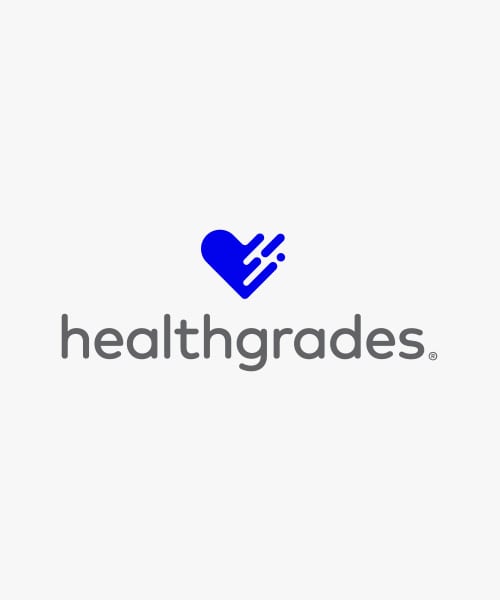Healthcare consumerism is here to stay. Fueled by increased financial responsibility, online accessibility and consumer resolve, consumerism has driven a significant transformation in the way hospitals engage, acquire and retain consumers. Now is the time for health systems to capitalize on this movement and learn from the successes of other industries that have already embraced this shift – such as travel, hospitality and finance. Healthcare organizations that embrace this shift will establish themselves as consumer favorites and gain an edge.
The travel and hospitality industries have already figured this out. As this week marks my one-year anniversary with Healthgrades, I have learned a lot about how the healthcare industry can take advantage of key business practices from the hospitality industry, especially as it relates to consumer marketing, loyalty and online engagement.
Leveraging reviews
When I started working in hotels, there was no online. Consumers had to call the hotel directly, and most marketing was done by advertising and direct mail. Hospitality has come a long way in the last 20 years, and today, nearly everything happens online, from initial research to booking a flight or reserving a room.
Within the hospitality industry, the detailed content and volume of consumer reviews has fueled cost and service transparency, increasing consumers’ sense that they are making an informed choice of lodging and travel. As the industry embraced opinions they did not control, hotels learned from the feedback, improving their performance and their customers’ experience.
Some physicians have expressed hesitations about the accuracy and fairness of reviews, although research suggests that overwhelming, patients are fair in their analysis. Travel sites process thousands of reviews per day with only a small percentage reporting a problem – because quite simply, consumers don’t write bad reviews unless they have a really bad experience. A good distribution curve confirms honesty in the review process.
Physicians should encourage their patients to complete online reviews because this will ultimately provide a more compelling understanding of physicians and hospitals, and help enable that consumers are connected with the right doctor and hospital.
The scheduling gap
Consumers who visit trusted third-party websites for information and opinions are usually at the take-action stage. What’s the next step? They book their choice–online. Over time, the travel industry adopted the direct online sale, capitalizing on the moment of choice-making and removing many barriers that might have stalled a consumer previously.
Healthcare has a vast untapped demand to do the same. Consider recent research by Stax: the majority of consumers would prefer a physician with online scheduling and lesser availability (82%), compared to a physician without online scheduling and greater availability (18%). There is a tremendous opportunity to help physicians meet this need. Healthgrades already works with health systems across the country – like Ochsner and Edward-Elmhurst Health – to implement online appointment scheduling.
Consumer loyalty
Online travel is arguably the most competitive industry online. Price and content transparency revolutionized the industry and put all the power in the consumers’ hands. Because of that, it became essential to create loyalty through a great user experience, solving a real consumer problem by connecting with consumers in an “always on” manner to generate loyalty for the next time they were looking for a trip.
Within the healthcare industry, we like to think that people are very loyal to their primary care providers, but recent research by Deloitte tells a different story. Per the research, 61% of consumers would switch physicians to get an appointment quickly and 52% would switch physicians to get an appointment at a more convenient location. So, if loyalty is easily swayed in the name of convenience, how can healthcare leaders improve convenience in a consumer-driven market?
The solution: leverage technology to better understand and address patient needs, including not only booking an appointment online, but also offering telemedicine capabilities and ongoing health management between appointments.
Satisfaction 24/7
Patient experience and satisfaction are priorities with metrics attached, and they don’t begin and end with medical encounters. Understanding how people behave and act as consumers as well as patients, especially in an online world, is essential. It’s also an opportunity. Savvy healthcare leaders will begin to listen to consumers today and improve to best serve them tomorrow.




